
Learnings from Blackbird’s First Impact Summit: DE&I
Our Head of Community Dani Pinkus and Impact Advisor Kate Glazebrook share insights from our first Blackbird Impact Summit.
In November, we brought together 75 Blackbird founders, portfolio people and culture leaders, operators and LPs, to learn from 11 DE&I thought leaders at our first Blackbird Impact Summit.
The idea behind the one-day event was not about finding silver bullets, but to open the door for reflection, questions and learning. As investors in generational tech companies, we know we have a responsibility and an opportunity to do better on these topics - this harks back to our belief to ‘make our kids proud’.
Our founders and their teams (like many others) are grappling with a set of tricky realities: On the one hand, the startup ecosystem is still radically less diverse than the wider population; and teams increasingly see this as a drag on their growth potential.
But at the same time, companies are starting to realise that you can’t apply the same metric-driven, outcome-focused approach that might work in sales, marketing or product to the challenge of creating a truly diverse and inclusive team. Collecting data and quantifying progress are integral parts of any successful strategy, but they’ll fail you badly if you think they’re the main game.
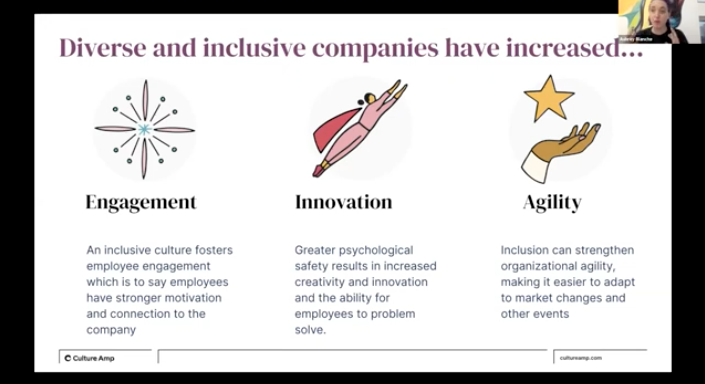
DE&I work is hard work: it’s personal and it’s deeply human. At times it’s also confronting. It asks us to simultaneously acknowledge the complex historic, systemic reasons why opportunity is not distributed evenly, while also encouraging us not to let the enormity of the problem or the fear of getting it wrong stop us from taking action. Aubrey Blanche, Senior Director of Equitable Design, Product & People at Culture Amp encourages us to:
Take rest, don’t quit.
- Aubrey Blanche
We all want to make sure our organisations are places where everyone can thrive, and we know these topics can be challenging, either because you have lived experience that makes these topics particularly personal, or even simply because you’re in the learning phase and keen not to get it wrong. So we hope the takeaways we’ve compiled here from our Impact Summit sessions go a little way to help you and your company on your own journey.
Don’t be afraid to go personal - in fact, you need to
We heard a lot throughout the day about how making progress toward inclusivity requires us to operate at multiple levels at once: from the personal all the way up to the systemic.
All of the sessions reinforced that DE&I work starts with personal exploration and reflection - for you and those around you. Many of our speakers talked about the value of taking the time to examine what makes you, you. This spans from the demographic traits you have like your gender, race and age, to your experiences of the world that shape how to engage with others.
One of the benefits of starting with personal reflection is that it helps us to identify what makes us unique, what we can bring to a team that no-one else can, and face up to our biases. It reminds us that there is no ‘standard’ person or experience, which is a trap many of us in majority groups unconsciously fall into.
This type of exploration helps us to build up understanding and empathy. Both of which are foundational to trust and building team cultures where people can thrive, no matter their background.
What is unique that only you can bring to your organisation? What is unique about your colleagues? Do you know? If not, why don’t you? Do you have the infrastructure to know?
These reflections were a helpful check on the impatience and pressure we feel to leap to solutions and action when facing problems in our organisations like structural inequality and exclusion.
Presenters like Ben Armstong and Celeste Carnegie from Indigitek also warned of the pitfalls of skipping past doing the work on your own development too quickly. In their experience, majority of companies rush into D&I policies without first having done the work or having any self-awareness around their own privileges, biases and prejudices. This almost always results in poorly executed strategies that set potential candidates up for failure and low retention.
Celeste spoke of the deep pre-engagement work she does before going into any new Indigenous community she is working with. She takes the time to understand the community’s history, its power structures, its protocols and who in the community she should be consulting along the way.
Engagement is a skillset and an action. It has to be learned and it requires you getting comfortable with the uncomfortable.
- Celeste Carnegie
We also heard from Māori founders Te Ariki Te Puni and Waimirirangi Lee-Reiri, alongside Julia Arnott-Neenee cofounder of PeopleForPeople, who shared their experiences in working in tech in Aotearoa, and echoed Celeste’s advice on the importance of taking the time to engage, listen well, and seeking to understand and to empathise first before jumping to action.
Elina Ashimbayeva from Storyo shared a series of videos she has created from women and gender diverse folks in the NZ/Aotearoa tech ecosystem on their experiences in the tech sector. Rather than defaulting to KPIs, Elina encouraged the group to seek out qualitative metrics to get a deeper understanding of the true sentiment of your organisation or community.
Confront, and then dismantle, the structural barriers
In 2021, the business case for diverse and inclusive companies is pretty clear - they perform better, have higher levels of creativity and innovation, and less employee turnover.
But, an uncomfortable truth is that the common strategy around DE&I in companies is to unintentionally tell people in marginalised groups to try harder. As Multitudes founder and CEO Lauren Peate shared, we do this through coaching women in being better at negotiation, and for marginalised groups we encourage people to study STEM — yet Lauren says, neither of these are really getting to the root of the problem.
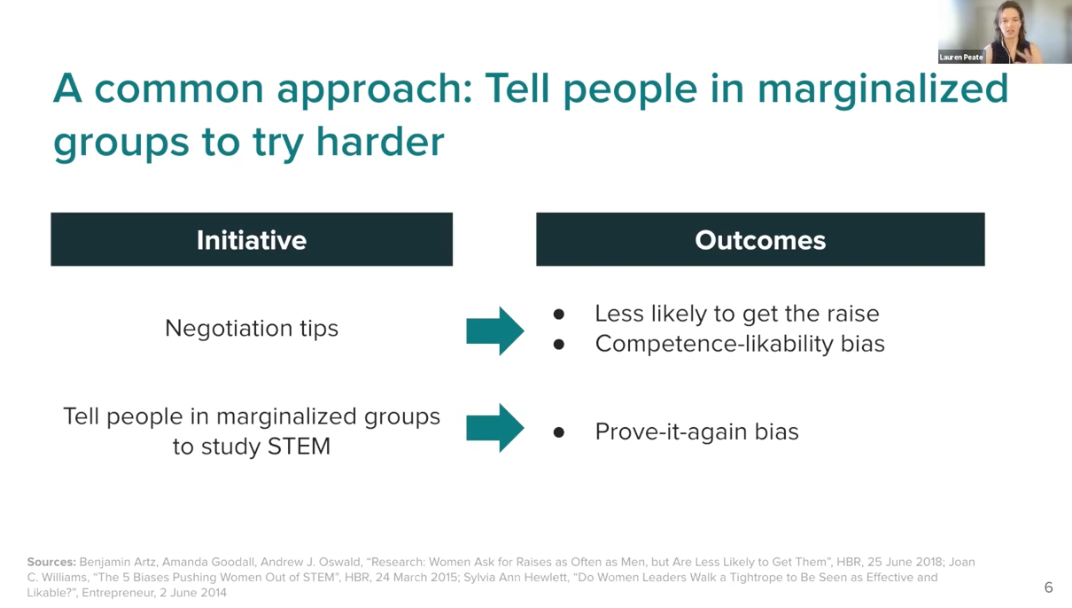
There are deep, historic, structural barriers to diversity, equity and inclusion, some that are obvious, and other ones we might not readily see. In Lauren’s view, we need to shift systems and structures so they work better for everyone.
So how do we do that? Well, Andy Babbage from Applied shared research on the decades of studies showing under-represented minorities are systematically less likely to be selected for jobs, despite being equally (and often actually more) qualified. And how unconscious bias sneaks its way into everything we do in talent, from the way we write job descriptions, to how we review candidates and assess their performance.
Raaff Karim-Alidina from Included dug deep into how the design of meetings can help or hinder inclusion, and how whether someone feels capable of speaking up or dissenting in a meeting often reflects their own sense of empowerment, not their capacity to add value. He discussed evidence on the biggest drivers of whether a person feels included in an organisation:
- Whether they feel a sense of psychological safety within their immediate team
- Whether they believe the people processes (hiring, promotions, pay and so forth) are transparent, and the frequency and scale of micro-aggressions they experience
Being an ally - as a person and as a technologist
Whatever our own experiences, each of us has an opportunity to be an ally. Speakers throughout the day reminded us we all have a role to play personally and in how we design and interact with the products and structures we use every day.
One of the best frameworks for this was from Cat Thao Nguyen from Global Ready, who shared a model of how we can move from ‘managing diversity’ to being truly inclusive leaders:
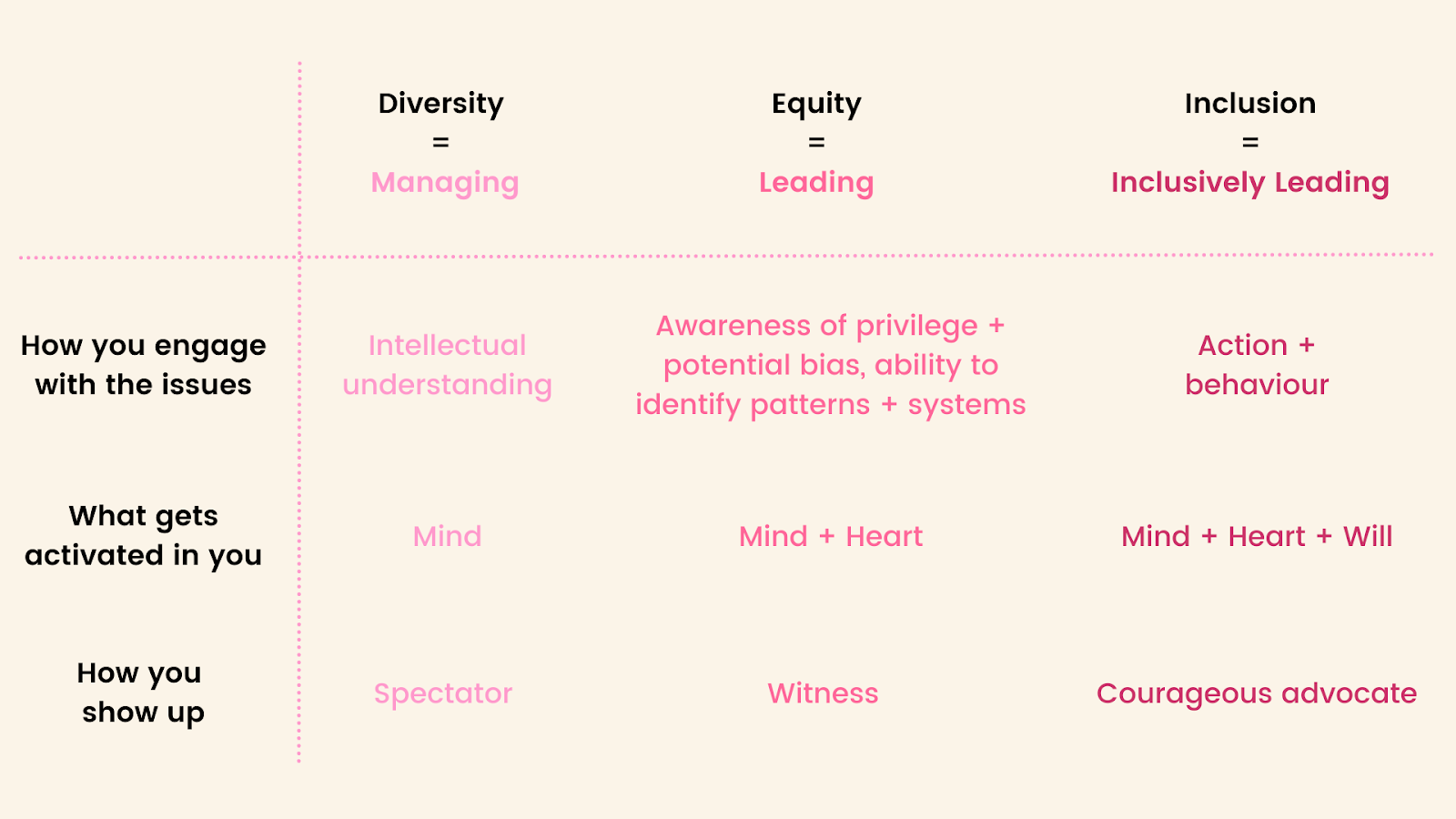
As investors, we can also play a role in promoting inclusion by backing companies that are changing the face of opportunity and empowerment in organisations. That’s why we’ve invested in teams that are scaling global solutions to equality, from debiasing the hiring process with Applied to Culture Amp’s employee engagement platform and Multitudes’ team performance platform, designed around equity from the get-go.
And as both Raafi and Aubrey noted on the day, most of the evidence finds that Black women and people with a disability are the most affected by discriminatory structures, so designing for them, means you design for everyone.
Do the next right thing
We’re stealing this final takeaway from Aubrey, as it was a theme throughout the day.
We know that sometimes the scale of the challenge of the work to be done can lead some of us to paralysis. It takes practice to consistently ask and imagine new ways of doing things.
So we’re going to continue doing the next right thing, and not let the fear of being imperfect stop us from starting.
For Blackbird, that looks like continuing to try to find and back the most ambitious companies who seek to address these structural challenges, and applying the lessons from this Impact Summit to our own ways of working, including revisiting our own DE&I policies and exploring new ways of getting a handle on how well our programmes are doing at reaching under-represented groups.
What’s your next right thing?
Recommended research and reading:
- Deborah Tannan, “Would You Please Let Me Finish…” NY Times, 17 October 2012
- Leah Fessier, “Your company’s Slack is probably sexist.” Quartz, 15 November 2017
- Storyo, 30 in Tech
- Storyo, 8 Women Founders Answer Your Questions About Starting Their Own Businesses | Part 1
- Project Include
- Change Catalyst, Change Catalyst Tool Kits


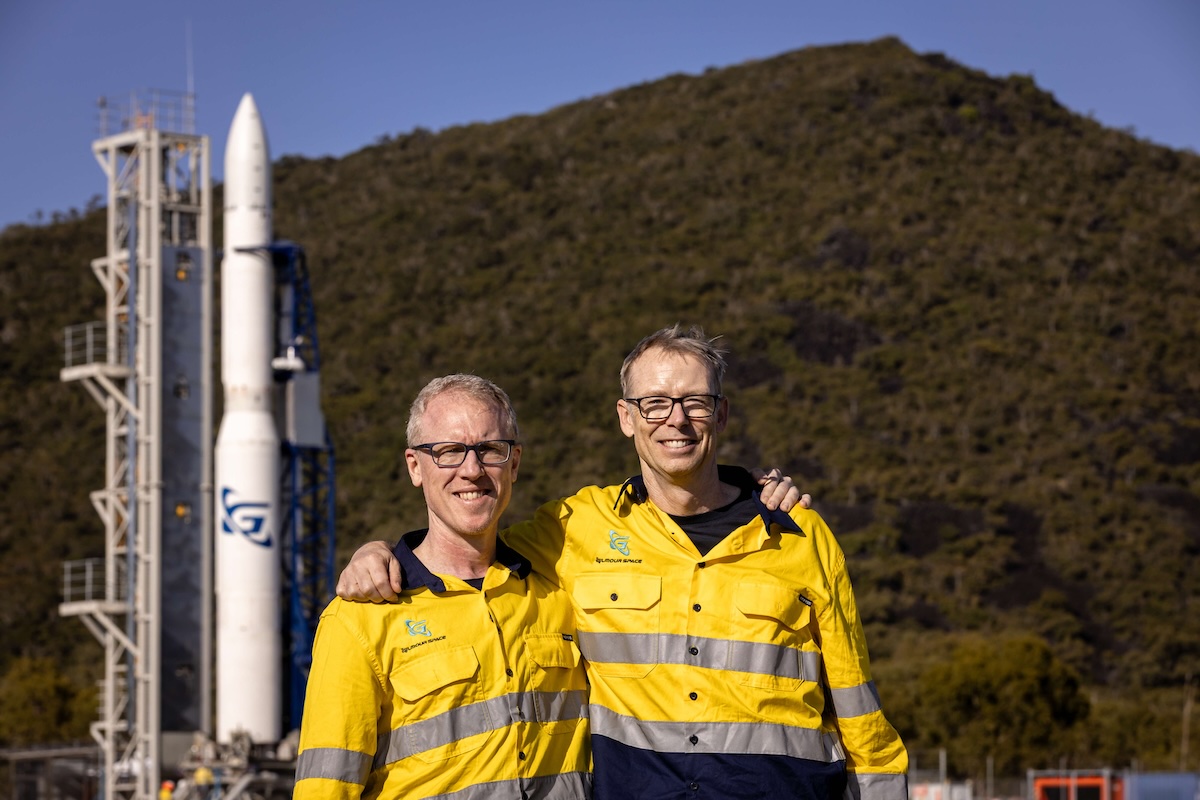
.webp)
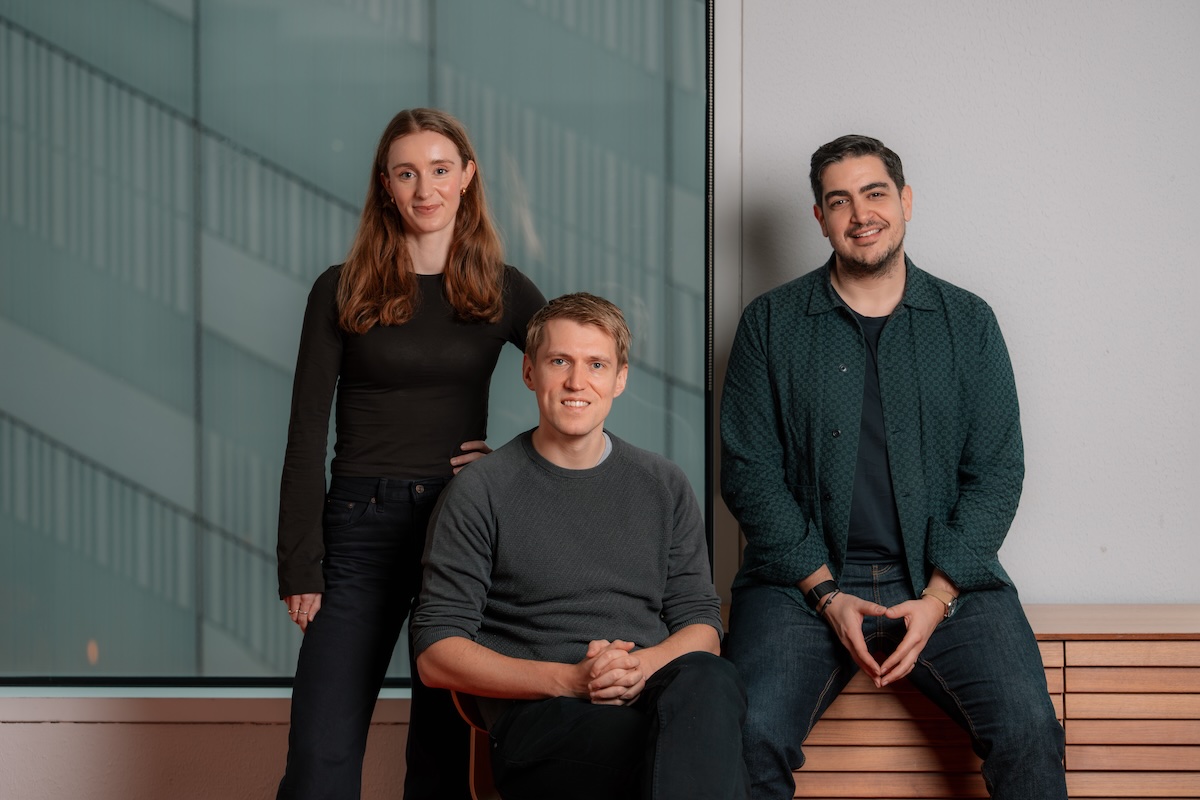





.avif)
